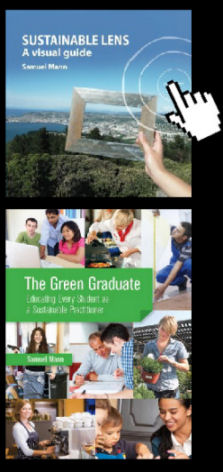Browsing All Posts filed under »NZ Computing«
Communication and passion common theme for IT employers
Here are my notes from tonight’s seminar on IT careers. Seven speakers represented some of NZ’s leading IT companies. (these notes originally posted as facebook comments, they’re unedited other than a couple of typos). Simon Ferrari from Datacom – what he looks for: people who are socially comfortable, well adjusted, intelligence but transcripts not important, […]
Epic quest – proposed new landscape of qualifications for NZ computing
August 4, 2014
This week sees the release of the final consultation version of the new landscape of qualifications for IT. This fourth round of consultation is open for feedback until the 20th August. I’ve spent the past year on the TRoQ Steering Group for the review and have attended most of the subject based working group meetings representing […]
Computing is ubiquitous, but experiences are design-led
July 1, 2010
Knuth described the “art of programming”, but the relationship between art and code is somewhat uneasy. For many years we have seen papers at conferences making excuses for computing students’ inabilities when it comes to design. Those of us who teach computing have all sat through assessments where students show us something functional but truly […]
Mashup: Pecha-Kucha with a Twist
June 29, 2010
At this year’s CITRENZ/NACCQ conference we’re introducing Mashup: Pecha-Kucha with a Twist. This promises to be a fast paced, visual, interactive collaborative celebration of computing research. You are invited to participate (even if you know nothing about computing or research!). A Pecha Kucha sees the fast paced presentation of ideas – each presenter has […]
Good shot from NZCS but misses target
August 9, 2009
The draft Professional Knowledge Curriculum for NZ Computing Professionals has made some great strides towards sustainable practice but has missed an opportunity to demonstrate the excellence the Society is aiming for. Described as the “non- technical knowledge possessed by ICT professionals” the draft consists of four categories (Ethics and code of conduct; Managing ICT risk; Legal […]

August 20, 2014
0